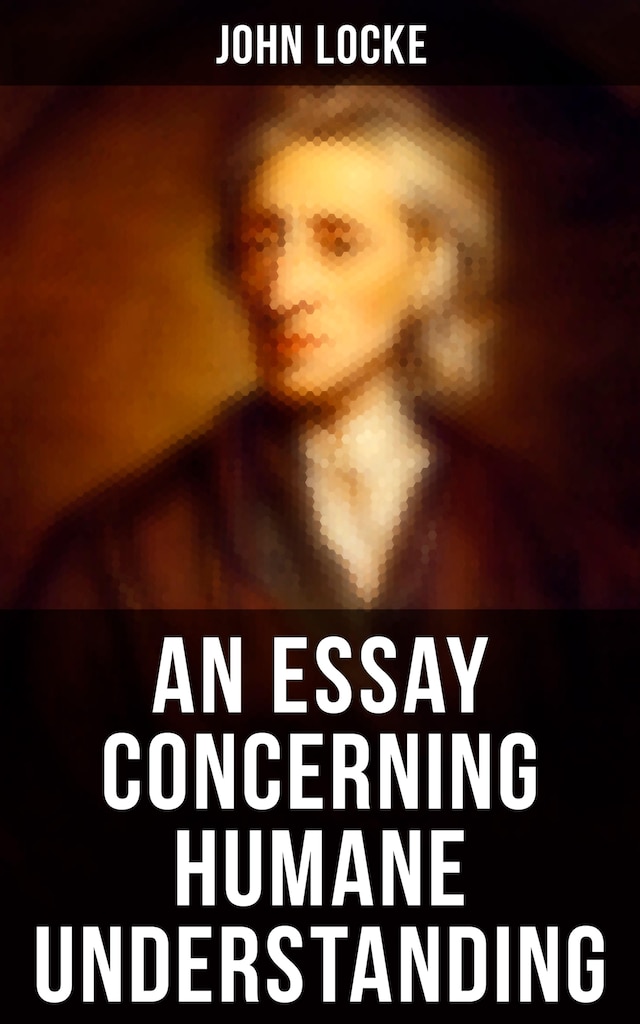
An Essay Concerning Humane Understanding
Description of the book
John Locke's 'An Essay Concerning Humane Understanding' is a groundbreaking work in the field of philosophy, specifically focusing on the nature of human knowledge and understanding. Written in a clear and rational style, Locke explores the origins of ideas, the role of language in shaping thought, and the limits of human understanding. This work is considered a key text in the history of empiricism, as Locke argues that all knowledge comes from sensory experience and reflection. His emphasis on the importance of observation and experimentation laid the foundation for modern scientific inquiry. Locke's work is a must-read for anyone interested in the development of modern philosophical thought. John Locke, a prominent Enlightenment thinker, was influenced by his background in medicine, politics, and theology. His experiences living through political turmoil in England and interacting with prominent intellectuals of his time shaped his perspective on epistemology and politics. Locke's dedication to reason and empirical evidence in the pursuit of knowledge is evident in 'An Essay Concerning Humane Understanding'. I highly recommend 'An Essay Concerning Humane Understanding' to readers interested in philosophy, epistemology, and the history of ideas. Locke's thorough examination of the nature of human knowledge continues to be relevant and influential in contemporary philosophical discussions.
 John Locke
John Locke 926 Pages
926 Pages